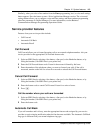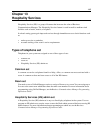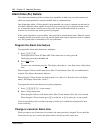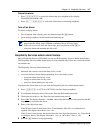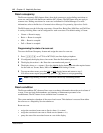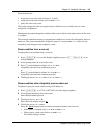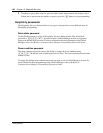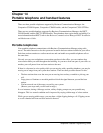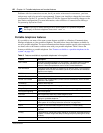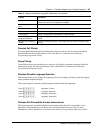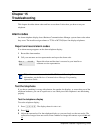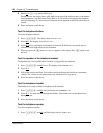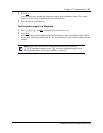
121
Telephone Features Programming Guide
Chapter 14
Portable telephone and handset features
There are three portable telephones supported by Business Communications Manager: the
Companion C3050 Etiquette, Companion C3060 Portable, and the Companion C3050 CT2Plus.
There are two portable handsets supported by Business Communications Manager: the DECT
C4010 Handset, and the DECT C4020 Handset. These handsets have region-based availability. For
more information about DECT, refer to the Business Communications Manager DECT Installation
and Maintenance Guide.
Portable telephones
Your portable telephone communicates with Business Communications Manager using radio
waves. The radio transceivers for the system are located in the base stations installed at your office.
Each base station contains two radio transceivers and can handle two portable telephone calls at
the same time.
Not only can you start a telephone conversation anywhere in the office, you can continue that
conversation while you walk throughout the building. As you move from one part of your office to
another, your call passes from one base station to the next.
If there is a decrease in voice quality while you are moving with a portable telephone, you may be
moving out of range from your system base stations. There are three possible reasons for this:
• The base stations that cover the area you are moving into are busy or unable to pick up your
call.
• Large pieces of furniture or movable partitions block the signal between you and the base
station.
• You have moved out of the range covered by your system.
(Retrace your steps until you are back in range.)
In rare instances, during a Message session, softkey display prompts on your portable may
disappear. This is a normal condition and is improved by staying within range of a base station.
While you are moving within range, you may hear a slight clipping during a call. Clipping occurs
as a call is handed off from one base station to the next.



